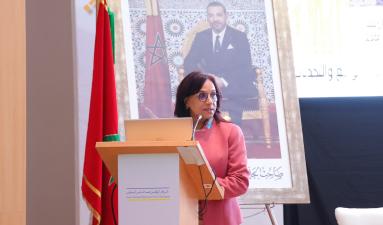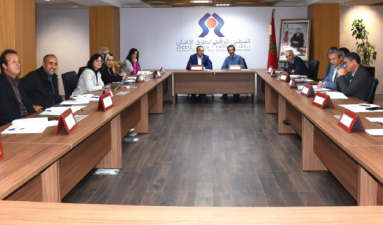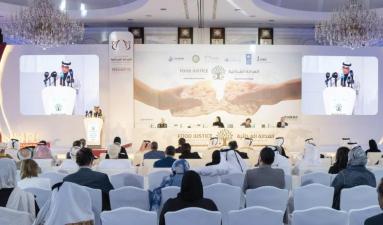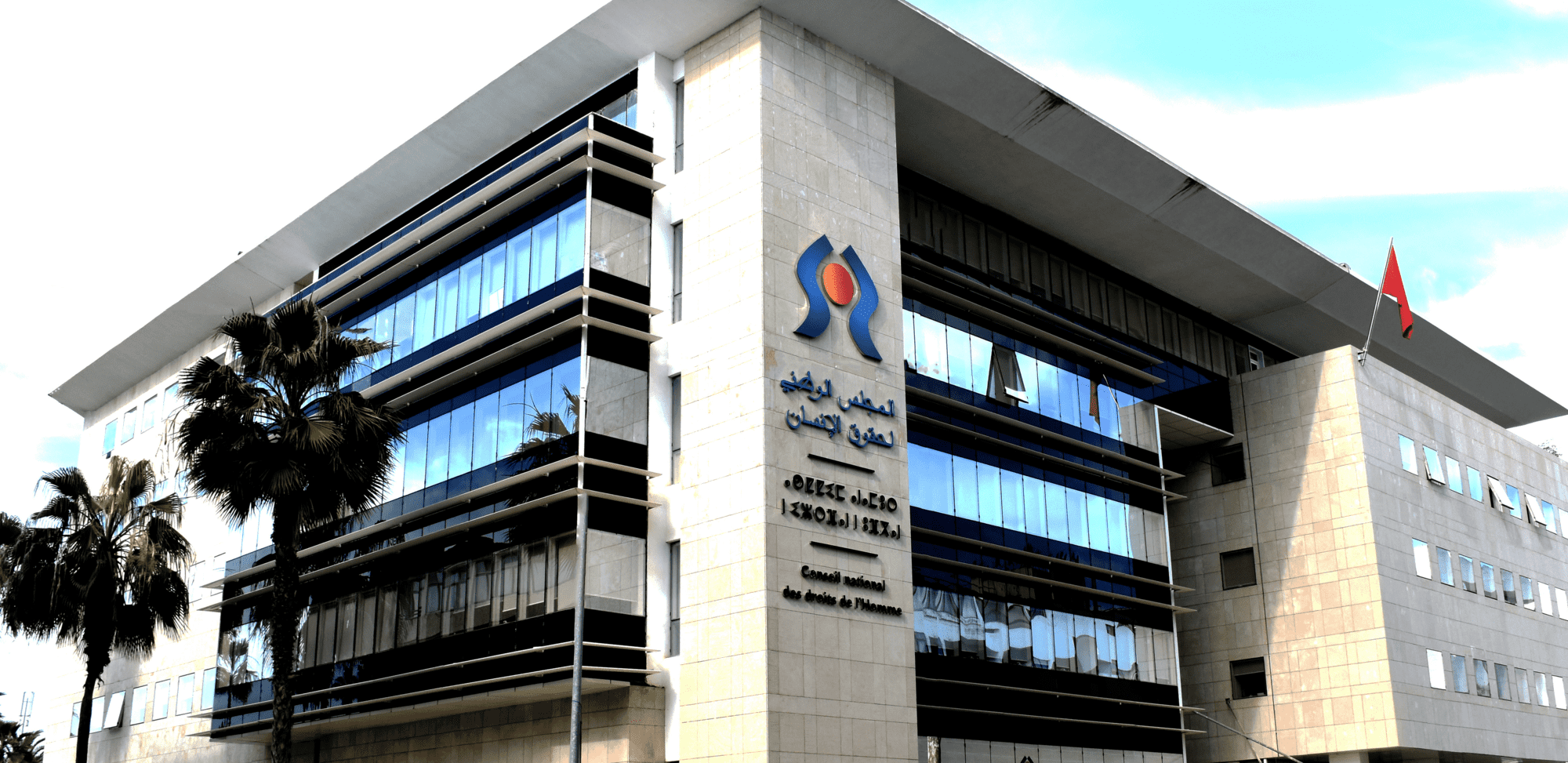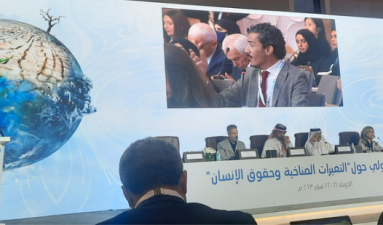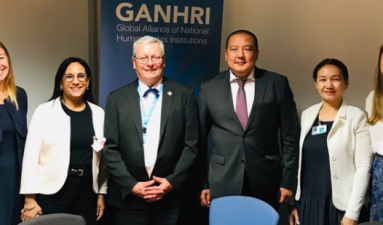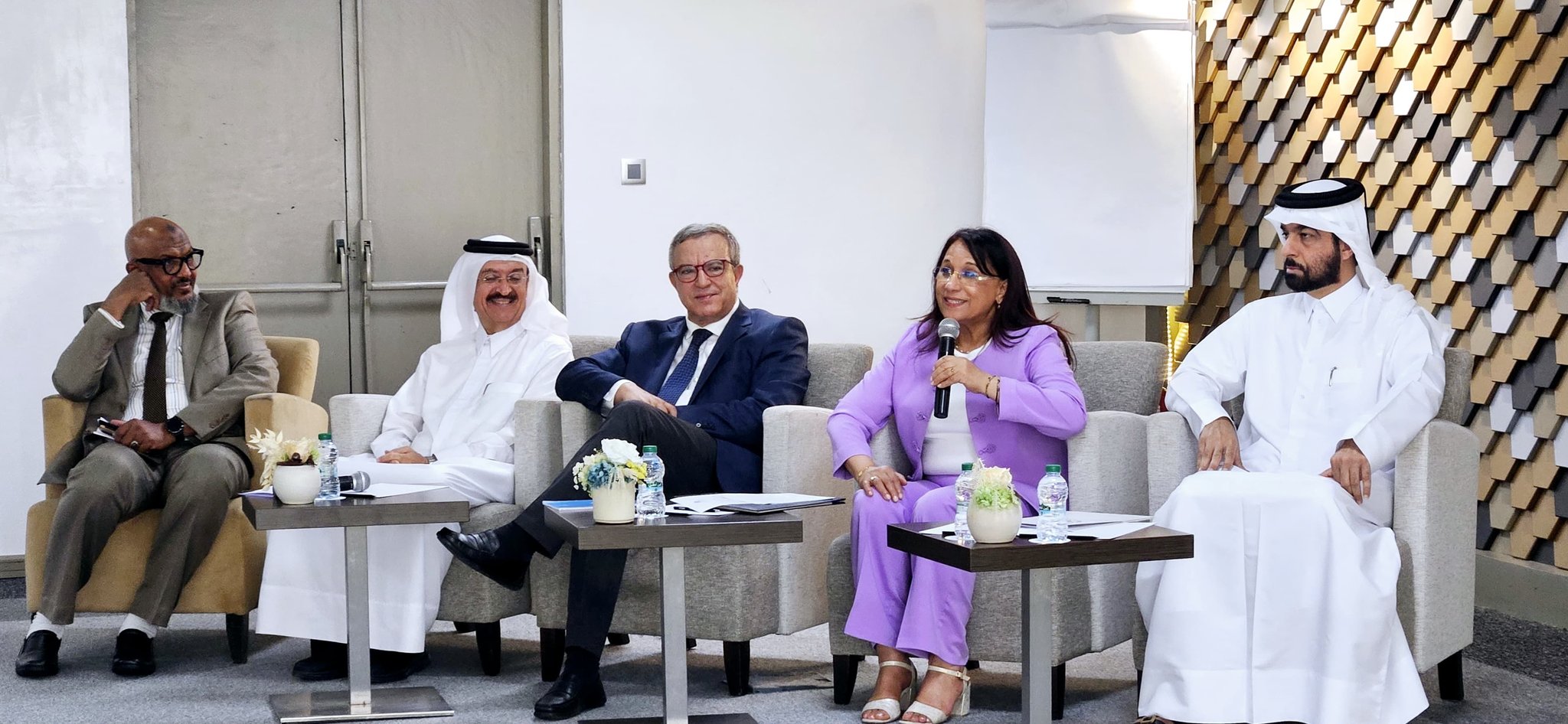
Ms. Amina Bouayach, Chairperson of the National Human Rights Council (CNDH), called on the media to play a decisive role in contexts marked by armed conflicts, environmental challenges and climate change. She emphasized the importance of disseminating accurate information to combat fake news, and urges collaboration with human rights institutions, whether by monitoring food insecurity issues exacerbated by these crises and sharing real stories about their impact on individuals and the sustainability of rights.
This was part of her statement at the opening of the training session titled “The Role of the Media in Promoting the Enjoyment of the Right to Adequate Food in the context of Armed Conflicts, Environmental and Climate Change” held on July 9, 2024, in Rabat, Morocco.
Ms. Bouayach highlighted the timeliness of this issue, particularly given the escalation of armed conflicts around the world and the severe effects of climate change on both human beings and the environment. These factors led to millions beings deprived of their right to adequate food. She noted that such challenges compel human rights defenders to engage in deeper reflection and collective advocacy for the right to food, which is intrinsically linked to other fundamental rights, including the right to a healthy environment, the right to water and the right to health.
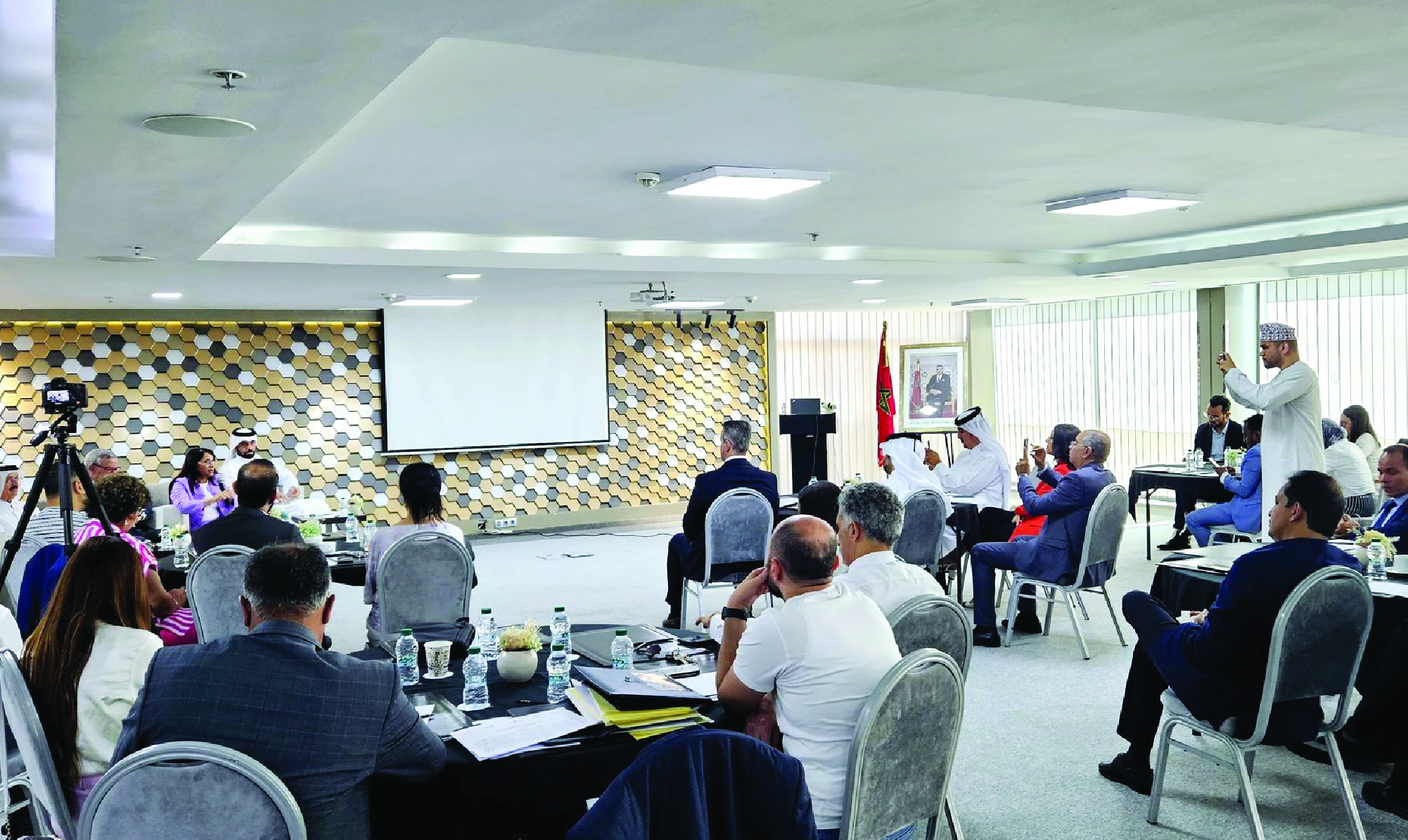
Moreover, Ms. Bouayach underlined the significance of the right to food within the framework of the Sustainable Development Goals (SDGs), particularly Goal 2, which aims to eradicate hunger, achieve food security, improve nutrition and promote sustainable agriculture. She acknowledge the role of National Human Rights Institutions (NHRIs) in promoting economic, social and cultural rights, through various initiatives and reports, mainly in light of the COVID-19 pandemic, which underscored the vital importance of the agricultural sector and the food industry for maintaining food security during crisis.
Within this context, the CNDH recommended the development of investment opportunities that ensure the protection and promotion of the right to food, alongside measures to protect the consumers from illegal practices that could undermine their access to adequate, affordable and quality food. The CNDH also proposed expanding water sources and re-evaluating the management of water reserves.
The training session, held on July 9, 10 and 11, 2024, is organized by the Arab Network of National Human Rights Institutions (ANNHRI) in partnership with the CNDH, Qatar NHRI, Centre Chourouk pour la démocratie, l'information et les droits de l'Homme, Al Jazeera Center for Public Liberties and Human Rights, and United Nations Center for Training and Documentation in the Field of Human Rights for South-West Asia and the Arab Region.
This initiative aims to enhance journalists’ understanding of the right to adequate food and broader economic, social and cultural rights. It seeks to develop their skills to effectively integrate these topics into their reporting, while reinforcing the recognition of the right to food as a fundamental human right. It also intends to define the concept of the right to food, outlining the principles, standards, indicators and general comments that explain its implementation and protection, thereby raising public awareness of the obligations that states have to implement the right to adequate food.

